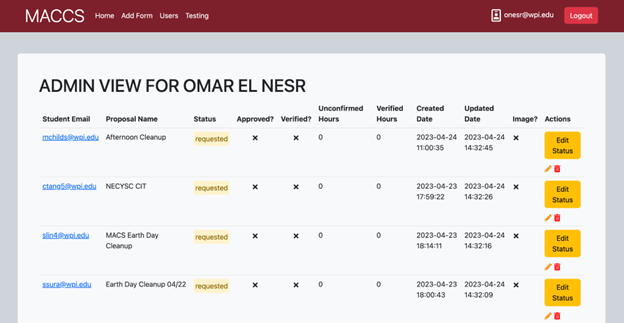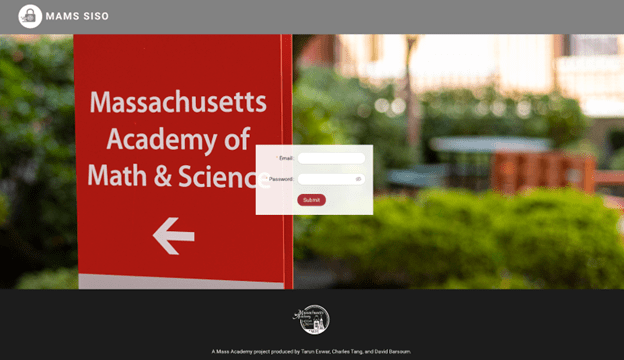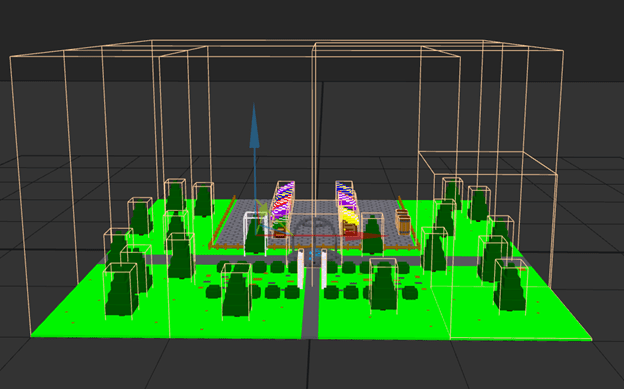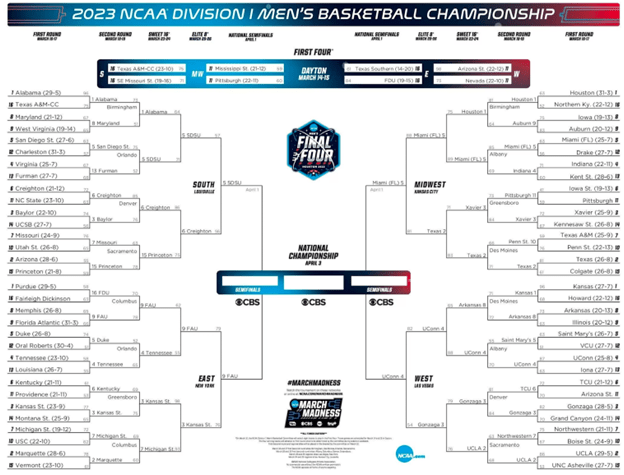Projects range from machine learning models to school-wide web applications to solve real world problems
The Computer Science class is beloved at Mass Academy, teaching students HTML & CSS for their personal websites and Java to those new to programming. But for those that already have computer science experience, they have the unique opportunity of developing software for an independent project. Students choose what they create, from web-apps to games, using real-world industry technologies like cloud functions and APIs made from scratch. These projects provide the perfect occasion for students to drastically improve their development skills. Below are the innovative projects from the Class of ‘24:
Omar El Nesr & Rianna Santra:
Topic: Digitizing Community Service Forms
Technologies: React.JS, Express, Node.JS, MySQL
Current tracking of community service for students at Mass Academy relies on a paper based system that can be cumbersome and unreliable. To streamline this process, Omar El Nesr and Rianna Santra developed a full-stack web application for students and administrators alike. They plan on maintaining the platform so that all future students can easily and efficiently record their community service at Mass Academy.

Tarun Eswar, Charles Tang & David Barsoum:
Topic: Digitizing Attendance
Technologies: React.JS, Express, Node.JS, MySQL, Firebase OAuth/JWT, Raspberry, PN532 RFID module, facial recognition, Google Calendars API
Charles Tang, David Barsoum, and Tarun Eswar worked on creating a digital sign in system, known as MAMS SISO, to replace the current paper based signings. Going into the future, they plan to make their system more reusable so that future Mass Academy students will have the opportunity to also sign in digitally.

Joshua Schnee & Jennifer Shaughnessy:
Topic: MAMS vs. Walden: A Strategy Game
Technologies: React.JS, Firebase Firestore
Joshua Schnee and Jennifer Shaughnessy have created MAMS vs. Walden, a strategy game meant to be played by Mass Academy students over the course of multiple days. The Thoreaus have infiltrated Mass Academy, posing to be students. They aim to send everyone to Walden Pond, where they must live deliberately.

Peter Liang
Topic: Étude, a Practice Tracking App
Technologies: Flutter

Practice is an invariant in any musician’s journey to instrumental mastery. Peter Liang has developed a mobile app that allows users to register their instruments and pieces. From there, they can start and stop a timer to record a session. The recorded practice sessions serve as a way to track and view progress.
Alex Chen, Kyle Klamka & Nathan Lam
Topic: Developing a Rhythm-Based Video Game
Technologies: Unity, C#
For their CS project, Alex, Kyle, and Nathan decided to design a video game as it intersected with both their interests and was an area that dives deep into the fundamentals of object-oriented programming. They used the Unity game engine to integrate sound design, original art, and unique mechanics into a fun and whimsical rhythm-based fantasy game.

Joseph Yu & Donovan Sappet
Topic: Digitized STEM Abstracts
Technologies: React.JS, Express, Node.JS, Firebase
One of the greatest challenges for STEM I projects is storing the abstracts from previous years. The main reason for this difficulty is due to the sheer number of abstracts that currently exist. Joseph Yu and Donovan Sappet aimed to solve this issue by creating an online database to store STEM I abstracts from 2005. In order to conduct their project, they made use of Firebase and full stack technologies.

Travis Tran & Suhruth Vuppula
Topic: March Madness AI
Technologies: Python
Travis Tran and Suhruth Vuppala focused on predicting the NCAA Men’s D1 Basketball Tournament, most commonly known as March Madness. In order to do so, they created a machine learning model to predict the outcome of the games. The model takes in 18 different statistics about each team to determine the winner (e.g. tournament seed, offensive rating, defensive rating, rebounds per game, etc.).

Now, at the tail-end of the projects, the students have noted that the skills they learned will be critical in their future careers.
“Learning these technologies from this experience has been highly valuable and I plan to make use of them within my future in computer science,” said junior Joseph Yu.
Most students plan on continuing their projects beyond this eight-month window to improve the software or provide more value to their clients.
Junior Staff Writers
Omar El Nesr & Tarun Eswar
